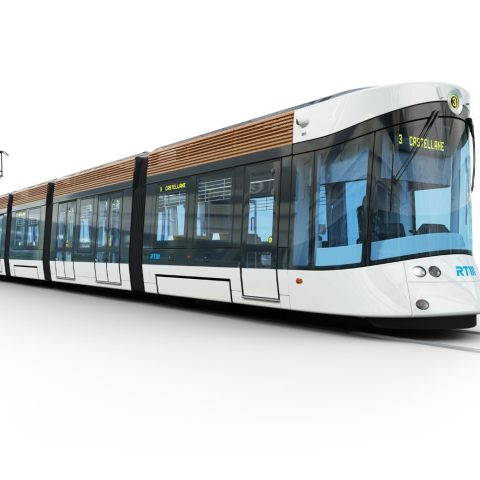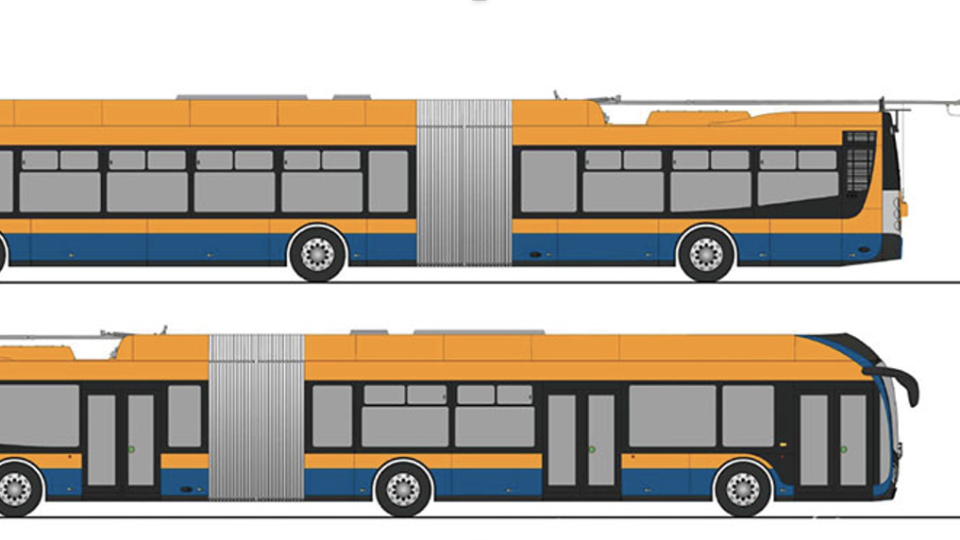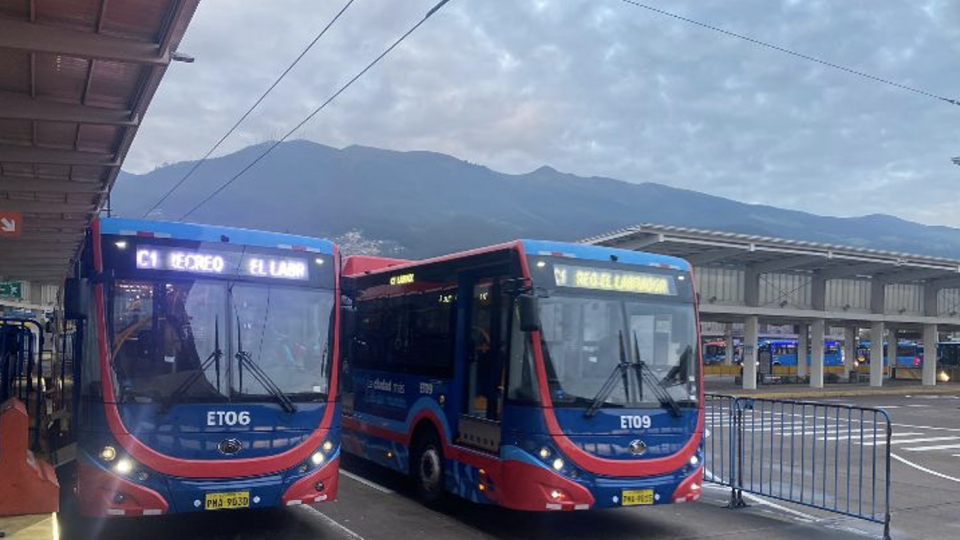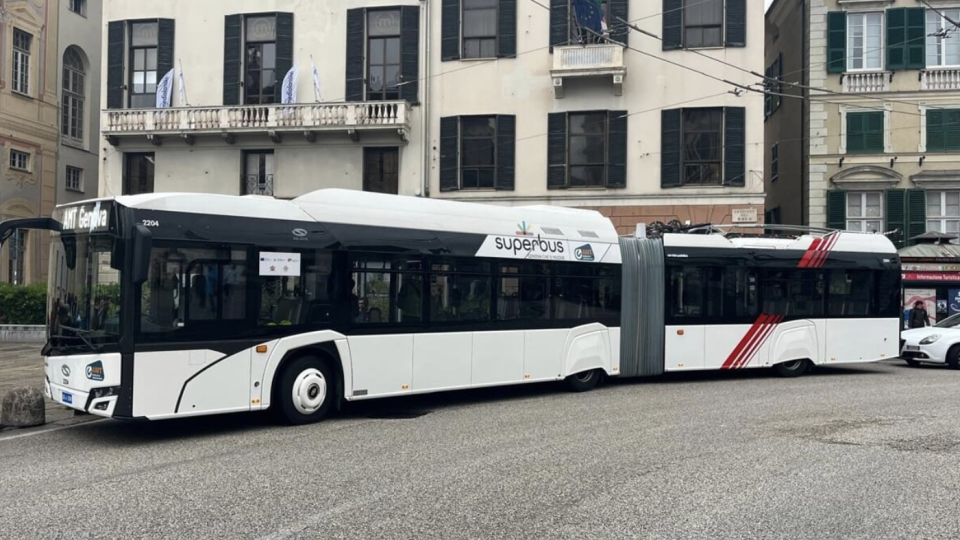Here are the 15 new trams for Marseille by CAF
Marseille, France’s second largest city after Paris, still chooses the tram as the means of excellence for sustainable mobility. RTM (Règie des Transports Mètrpolitains), which manages public transport in the Marseille area, consisting of several modes of transport (bus, tram, metro, boat) has ordered 15 new cars from CAF, which will be added to the […]

Marseille, France’s second largest city after Paris, still chooses the tram as the means of excellence for sustainable mobility. RTM (Règie des Transports Mètrpolitains), which manages public transport in the Marseille area, consisting of several modes of transport (bus, tram, metro, boat) has ordered 15 new cars from CAF, which will be added to the 32 already in operation. The contract, worth €57 million, also includes an option for more cars, in variable numbers depending on the future expansion of the network.
There are currently three lines in operation in Marseille, identified by three colours: T1, orange, runs between Noilles and Les Callois, T2, yellow, runs between Arenc-Le Silo and La Blancarde, and T3, green, runs between Arenc-Le Silo and Castellane. RTM reintroduced the tramway on its network in 2007, wishing it success. Fifteen years later, the bet is won, and the network is now being expanded.
Long gone are the days when only the short line 68 was in operation, only 3 km long, running between the Noailles district and the St. Pierre depot, and the only survivor of an impressive tram network opened in 1876. The route included a tunnel opened in 1893 for tramway use only, now used by the T1 line. Single-body PCC trams were used, which also benefited from a revamp in the early 1980s.
However, such a structured tram service could not compete with the constantly growing demand for transport, and the line was closed in 2004; at the same time, a strength tram network project began, based on at least three lines, to complement the existing metro network, opened in 1977.
New cars were naturally needed, which would have to be high-capacity. The model chosen was the Flexity Outlook C supplied by Bombardier, with a length of 43.68 metres. Delivered from 2007 onwards, the trams were a surprise to everyone, especially the aesthetics, which evoked maritime motifs.
In fact, the front was reminiscent of a ship’s deck and the wood-panelled sides gave the vehicle an unprecedented elegance, which was recognised and appreciated internationally. Attention was also paid to comfort and interior lighting.
For the activation of the first two lines, 26 cars (001-026) were delivered, followed by a further 6 (027-032) in 2014, the same as the previous ones, and needed for the new T3 line (Arenc Le Silo-Castellane), with transit in the central Rue de Rome. The excellent performance of the cars and the short distance between stops make the tram a natural addition to the metro network. Today, the tram network transports 145,000 passengers per day, covering 16.4 % of the passengers carried. The three lines run a total of 16.4 km, with 34 stations, accessible, as are the rolling stock, to the disabled.
Now is the time for CAF with future delivery. The new trams, belonging to the Urbos platform, will consist of 7 modules, with a length of 42.5 metres; the successful design of the cars already in operation will be taken over, a sign of RTM’s attention to detail and aesthetics. Access doors will be up to 8, 6 of which will be double-leaf. The vehicle will, of course, be air-conditioned, equipped with video surveillance and a station for the disabled. There is plenty of space for passengers, and the interior lighting and visibility for the driver are very good. The new cars will be used on all lines, in particular on the T3 on which extensions to the north and south are planned, and new routes will be added once deliveries are completed.
The expansion of the tram network is one of the foundations of the transport and mobility plan of the Aix-Marseille Provence Metropolis, which aims to improve the quality of life of citizens through public transport infrastructure and services.
For CAF, this is further confirmation of its choice of the French market. The order for Marseille is in addition to the supply of 60 trams for Montpellier Metropole, and projects for Nantes, Besancon, the recent delivery of 28 regional trains for the national operator SNCF, with an option for another 75, and the order for 146 new trains for the RER B in Paris.
Finally, CAF recently finalised the purchase of the Reichshoffen plant, located in the Alsace region of France, thus strengthening its production capacity in France.









